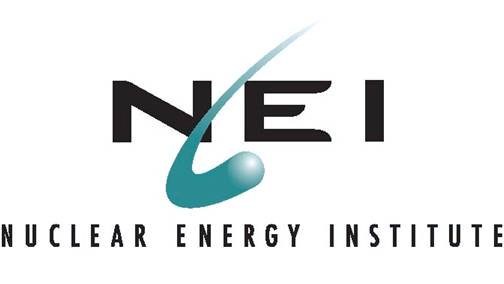My last post had to do with proposals being submitted to the Nuclear Regulatory Commission (NRC) to permit some radioactive waste to be dumped into municipal landfills instead of licensed facilities for the disposal of nuclear waste. As might be expected, these proposals have critics that say it would be a threat to public health to use municipal landfills for that purpose. Today I am going to blog about some other loosening of NRC regulations that are in the works.
In order to avoid exhausting workers at nuclear power plants, the NRC has rules and regulations pertaining to the maximum length of nuclear plant employee shifts. They also have requirements that workers must be allowed breaks between long shifts. Shifts may not exceed sixteen hours in a twenty-four hour period, twenty six hours in a forty-eight hour period and seventy two hours in a seven-day period.
While this is the usual way of doing things, the outbreak of COVID-19 has forced a change as it has in many other areas of our private and public lives. The NRC has declared that their regulations should “not unduly limit licensee flexibility in using personnel resources to most effectively manage the impacts” of the pandemic. The NRC is now allowing plant managers who don’t believe that they can meet the work hour limits to apply for a sixty day exemption according to a letter that they recently issued.
However, in order to receive such an exemption, nuclear power plant operators must show that they will still enforce “alternative” controls of work hours such as sixteen hours in a twenty-four work period and no more than eighty six hours in a seven day work period.
One of the effects of the COVID pandemic is that the managers of nuclear power plants are trying to limit the staff physically present at their plants to what are considered essential personnel. According to Doug True, the chief nuclear officer for the Nuclear Energy Institute, a nuclear industry trade association, this includes “those required to maintain and operate the plant safely including operators, maintenance, engineering, radiation protection, security and related functions.”
The cuts in the workforce physically present at a nuclear power plant do create “limitations” that True said, could possibly “impact the ability to conduct or complete certain testing or inspection," depending on the specific circumstances at a particular nuclear plant. One particular example that has been publicly discussed involved the inspection of the tubes in the steam generation systems for cracks and other defects. These inspections usually are done during refueling or maintenance outages.
The NRC is currently developing a memorandum that will give nuclear power plant operators guidance with respect to which inspections and other tasks operators will be allowed to defer and for how long. Edwin Lyman is the director of nuclear power safety for the Union of Concerned Scientists. He is concerned that limiting these inspections and other maintenance activities will increase the risk involved in operating nuclear power plants.
Lyman said that delaying or skipping the inspection of steam generator tubes “increases the possibility of a tube leak or rupture during operation that might require a costly shutdown or worse. The key question here is how much additional risk will the NRC allow nuclear plants to accept in order to keep them running during this crisis?"
On the other hand, the NEI claims that safety protocols have anticipated situations where important inspections might need to be postponed. True has responded that “Current requirements contain provisions that permit utilities to reschedule work under limited circumstances, typically until the next refueling outage, provided a sound technical justification ensures safety is not compromised. Such technical justification is based on plant and component specific information and benefit from analyses and knowledge accumulated over decades of operating experience.”
